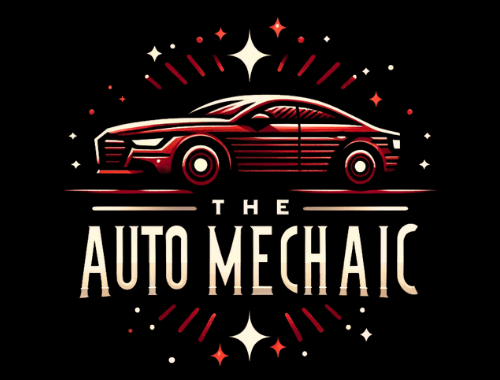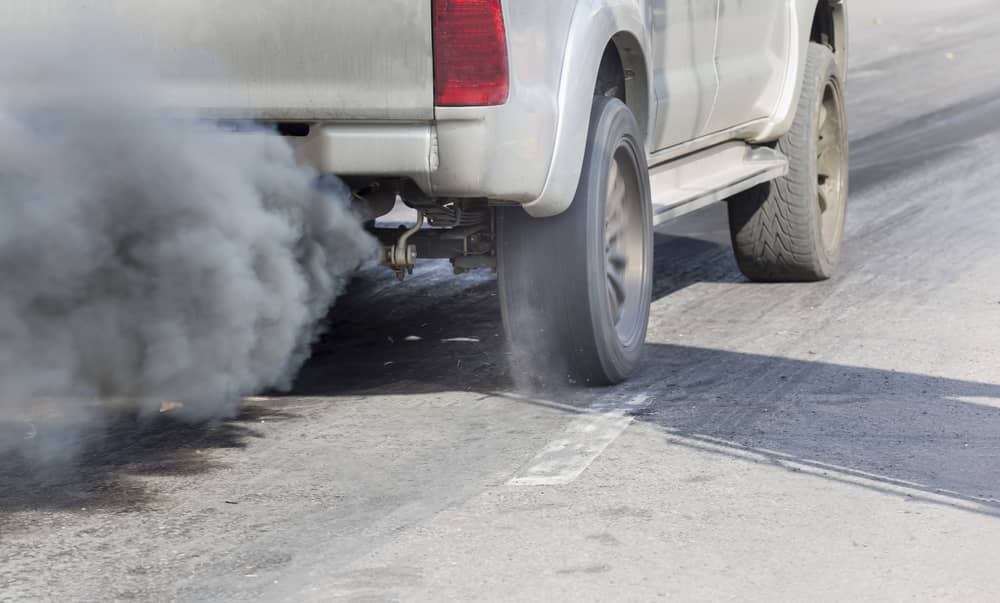Backfiring during acceleration has become a common issue these days. Generally, the ignition happens in the combustion chamber of the car. Yet, when the same occurs in the exhaust or intake, it leads to backfiring. If you wonder what causes a car to backfire on acceleration, then a defective ignition or poor wiring could be the probable reason. Besides, an improper fuel-to-air ratio can also cause the car to backfire.
Further, backfiring occurs quite often in malfunctioning engines. Specific issues such as faulty diverter valves, defective catalytic converters, and leaks in the exhaust are the symptoms of the same. In addition, lower compression and lean engine problems contribute to the engine backfiring. If the internal carburetor causes the backfiring, it signifies that the accelerator pump is not functioning correctly.
What happens when the car backfires?
An engine backfiring refers to an explosion generated by the engine’s internal combustion. Thus, it causes a short-term loss of power and a frontward motion. The car also produces a loud bursting sound. However, in some conditions, the backfire might instigate a burst or a flame to shoot from the car’s exhaust.
Reasons Due to Which a Car Backfires on Acceleration
Engine backfires when the vehicle’s air-fuel mixture combusts outside the engine’s cylinders. Eventually, it can damage the intake or exhaust of the car if left unresolved or unchecked in long-term use. In the case of backfiring, the car engine would not produce sufficient power, leading to fuel wastage. To know in-depth about what causes a car to backfire on acceleration, go through the following reasons.
Improper Fuel-To-Air Ratios
The engine sometimes runs either with less fuel and excessive air or too much fuel and insufficient air. Both conditions can give rise to backfiring due to incorrect fuel-to-air ratios.
There can be reasons behind this, such as a malfunctioning fuel filter, a weaker fuel pump, or lower fuel pressure. Moreover, backfiring resulting from disoriented or damaged wiring unsettles the timing of the ignition. Consequently, it leads to a build-up of fuel and air in the car’s engine.
Poor Ignition Timing
When both valves are properly closed, spark firing will occur in the cylinder. If the timing of the spark is not correct, it could fire too early, even before the closing of the intake valves. On the contrary, bad or ignition timing can also cause the spark to fire too late after the opening of the exhaust valves. Because of this, the car will backfire upon acceleration.
Lean Mixture of Air/Fuel
A mixture that lacks a sufficient amount of gasoline can also lead to a backfire. A lean mixture comprises an excessive quantity of air and inadequate fuel. When the fuel pump fails or clogs in the fuel filters or injectors, the fuel pressure is lowered, causing the lean mixture.
Usually, the lean mixture burns very slowly upon combustion. So, when the exhaust valves are opened, some unused fuel and air will be present, instigating the backfire.
Bent Valves
Inside the engine’s cylinders are an intake and an exhaust valve. These allow the easy and smooth passage of fuel and air into the cylinders. When combustion takes place, the valves tend to shut.
After the fuel and air combustion, the exhaust valve opens to allow the exhaust fumes to pass out through the tailpipe. If any valves become bent or twisted, they would not make up for a correct seal. As a result, the fuel and air would flow back inside the exhaust or the intake for combustion.
Rich Mixture of Air/Fuel
Sometimes, the fuel injectors leak or the engine’s air filter gets clogged. In both scenarios, the cylinder will have more fuel and less air. Further, it is necessary to maintain a proper air-to-fuel ratio for good combustion. A mixture of fuel and air containing excessive amounts of gas is known as a rich mixture.
A rich mixture of fuel and air ignites inside the cylinder; the complete mixture does not burn upon the opening of exhaust valves. Afterward, the combustion process moves to the exhaust, resulting in a backfire.
How to Fix the Engine Backfire
After figuring out what causes a car to backfire on acceleration, it is vital to resolve the issue as soon as possible. Otherwise, prolonged use can severely damage the engine. Below are the feasible measures to fix the backfire.
Check the Carburetor
A carburetor is a device that regulates the airflow into the engine. It also looks after the well-organized gas explosions that keep the car moving. First, you must tune and stabilize the carburetor to balance the mixture of gas and air.
Examine the Distributor Cap
Carefully assess the condition of the distributor cap. If it is cracked or broken, a backfire can easily occur. Ensure the distributor cap is in good order, as even a minor crack in the hairline can cause malfunctioning.
Look for the Spark Plugs
Spark plugs provide the spark that ignites the mixture of gas and air. If the spark plugs are dirty or in bad condition, backfiring can occur due to a lack of power. To resolve this issue, remove the plugs using a wrench. Ensure that the pins are at the proper distance from the plug’s base.
Besides, keep the gaskets in excellent condition. They help keep the required gases in and the non-required ones out. A backfire can happen if the gaskets do not function smoothly.
Conclusion
At times, it becomes difficult to find out what causes a car to backfire on acceleration. However, the abovementioned aspects are the most common causes of an engine backfire. Regularly check the engine light, fuel system pressure, airflow sensor, intake tube, vacuum leaks, and camshaft. Ultimately, it would aid you in maintaining the health and functioning of the car’s engine. Not to mention, timely repairs are necessary if the car backfires. Likewise, it is recommended to seek professional assistance for the best results.

Bruce William is a professional content writer and vehicle engineer with extensive car maintenance and repair knowledge. His expertise spans all vehicle parts, offering practical solutions for various automotive issues. Bruce provides valuable insights through his website articles to help readers maintain their cars for optimal performance and longevity.

